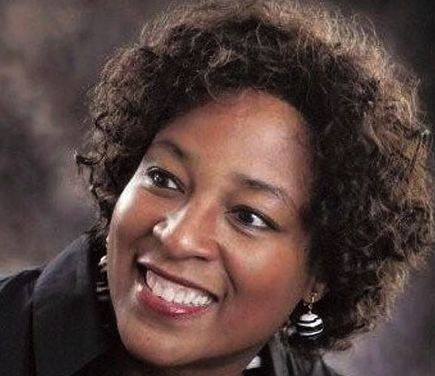
The movie 12 Years A Slave is the account of Solomon Northup, a free black man who was drugged and abducted from Washington, DC and sold into slavery in Louisiana. In one scene, a conversation takes place between Solomon’s slavemaster and another white man who is against slavery. The other man (played by Brad Pitt) comments on the way this slaver’s people are being treated and the slavemaster says he can do what he wants with his property. The question is then asked, how is it that these people are his property, to which the slavemaster answers, “Because I bought them. And the law says I can do whatever I want to what belongs to me.”
The dissenter states he is not speaking about law, but rather about what is true and right. He makes the point that all men have been created by God, and what is true and right for one group is true and right for another. Just as laws had enslaved the Africans, a law could be enacted that could enslave or kill the slavemaster. He asks, “Would that make it right?”
I don’t want to spoil the movie for you, so I won’t tell you the slavemaster’s response. I share this portion of the conversation simply to illustrate that the law often obscures what is true and right. As a society we must train ourselves to think about the difference, especially as we formulate public policy. Just because one can legally do a thing doesn’t mean one should. The aim should always be to do what is right.
People of colour are over-represented in the criminal justice system. As a pastor in a community that has historically been marginalized, I am continually aware of this truth and the systemic ills that contribute to it. The biblical model Jesus provides is that of love and concern for our fellow human beings who may be suffering injustices in our society. Therefore, the struggle for social justice is a key imperative of my faith. Being on a lower rung of the socio-economic ladder is not immoral. But being a society that ignores the needs of people because of their lower socio-economic status is. A city is only doing as well as its poorest resident.
If we are going to stop the flow of blacks and First Nations into the criminal justice system, we must address their basic areas of need. Public policymakers must alleviate the disparities in our society by revamping our health, education and employment systems. This will help ensure fair and equal participation by everyone. This is what is true and what is right. In addition to policy changes, every individual showing genuine respect and compassion for every person they encounter, practicing small acts of kindness one person at a time, can change the intolerant tone of our city.
This is why the North Central Community Council has continued to pursue the opportunity to build a community hub on the site of the former St. Patrick’s-Alexandra School. Providing space for community to be nurtured and to grow through educational, recreational, artistic and cultural opportunities is true and right—not only for north end residents, but for our entire city.
